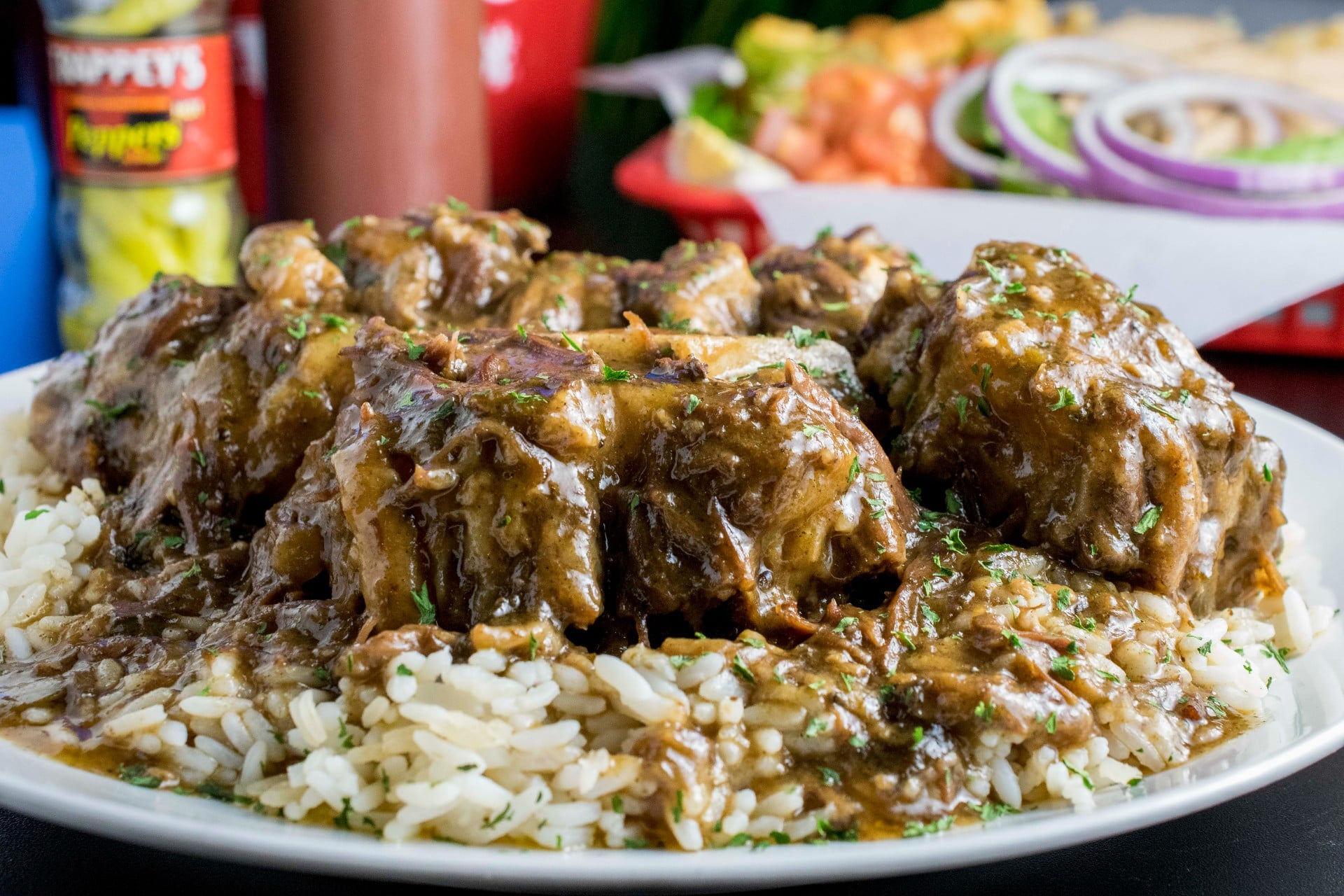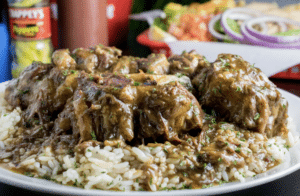Key Points
What is authentic soul food and where did it come from?
From collard greens to pork chops, soul food is the ultimate comfort food. Rooted in African-American history, it’s mostly popular in the deep south, but you can find soul food kitchens across the US. For centuries, black Americans have passed on hearty, savory recipes that have marked many a special occasion.
Soul Food Origins
The cuisine originated with the foods that were given to enslaved black people by their white owners on Southern plantations during the Antebellum period; however, it was strongly influenced by the traditional practices of West Africans and Native Americans from its inception. The expression “soul food” originated in the mid-1960s, when “soul” was a common word used to describe African-American culture.
With the rise of the civil rights and black nationalist movements during the 1960s, many black Americans sought to reclaim their part of the American cultural legacy. As terms like “soul brother,” “soul sister,” and “soul music” were being used, and people began to use the term “soul food” to describe the recipes that black Americans had been cooking for generations.
The term may have first been used in 1962 by civil rights activist and poet Amiri Baraka. Sylvia Woods opened her now-famous Harlem restaurant Sylvia’s in that same year; today, Woods is known by many as “the queen of Soul Food.”
The Food
Soul food is basic, down-home cooking with its roots in the rural South. The staples of soul food cooking are beans, greens, cornmeal (used in cornbread, hush puppies, and johnnycakes and as a coating for fried fish), and pork.
Pork has a limitless number of uses in soul food. Many parts of the pig are used, like pigs’ feet, ham hocks, pig ears, hog jowl, and chitlins. Pork fat is used for frying and as an ingredient in slowly cooked greens.
Spices such as thyme and bay leaf blended with onion and garlic give some dishes unique characteristics. Peppers are also used and can be found abundantly in Creole dishes. Rice is also an essential side dish.
Soul or Southern?
The distinctions between soul and Southern food are hard to make. In his “Soul Food Cookbook” (1969), Bob Jeffries summed it up this way: “While all soul food is Southern food, not all Southern food is soul. Soul food cooking is an example of how really good Southern cooks cooked with what they had available to them.”
Soul food has its roots in the enslavement of African people when they had to make do with what was on hand. For the next 100 years after the abolition of slavery, many black Americans continued to make use of the ingredients that were available to them and a part of their food traditions.
Of course, soul food isn’t entirely defined by a racial divide. Historically, there hasn’t been much of a difference between the foods eaten by poor black Southerners and poor white Southerners. John T. Edge, director of the Southern Foodways Alliance, wrote, “The differences between the foods of black and white Southerners are subtle. More capsicum pepper heat, a heavier hand with salt and pepper, and a greater use of offal meat are comparative characteristics of soul versus country cooking.”
Authentic Soul Food
If you’re looking for a comforting meal, head over to Daiquiri Depot and get yourself some authentic soul food. Take a look at our Soul Food Menu for something to please your palette.


